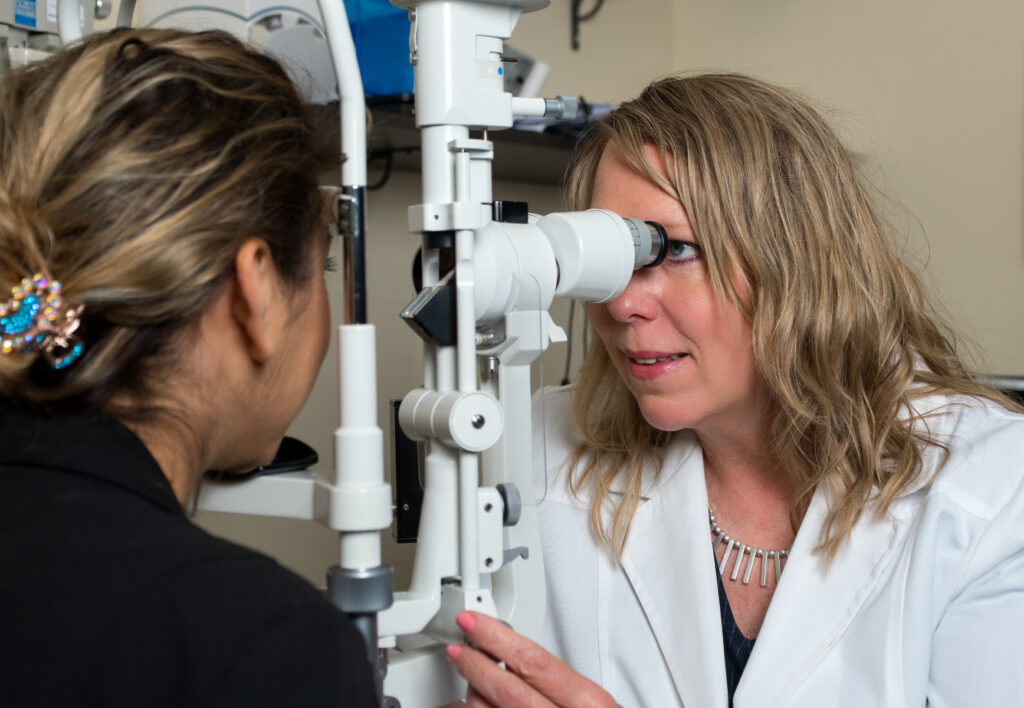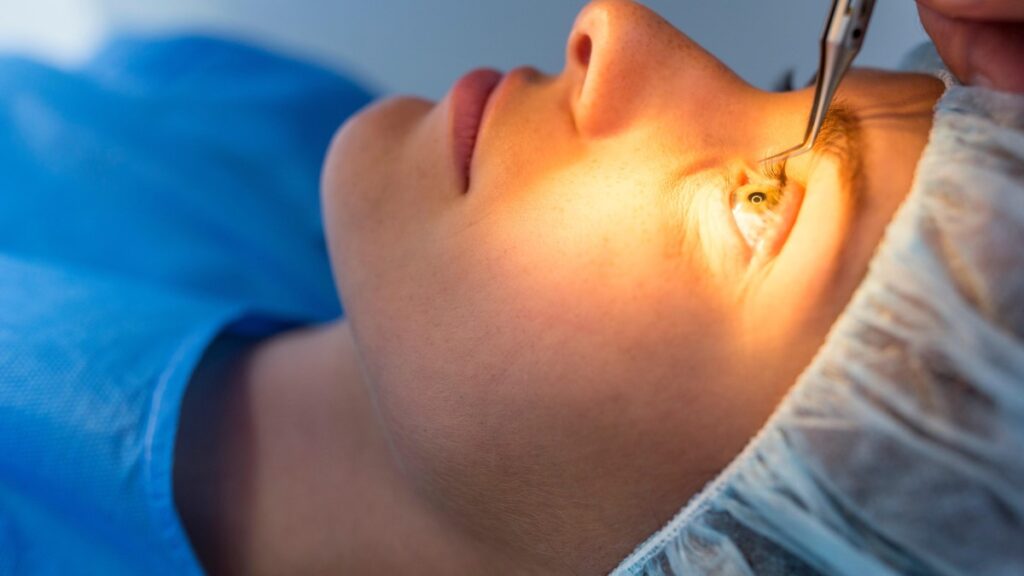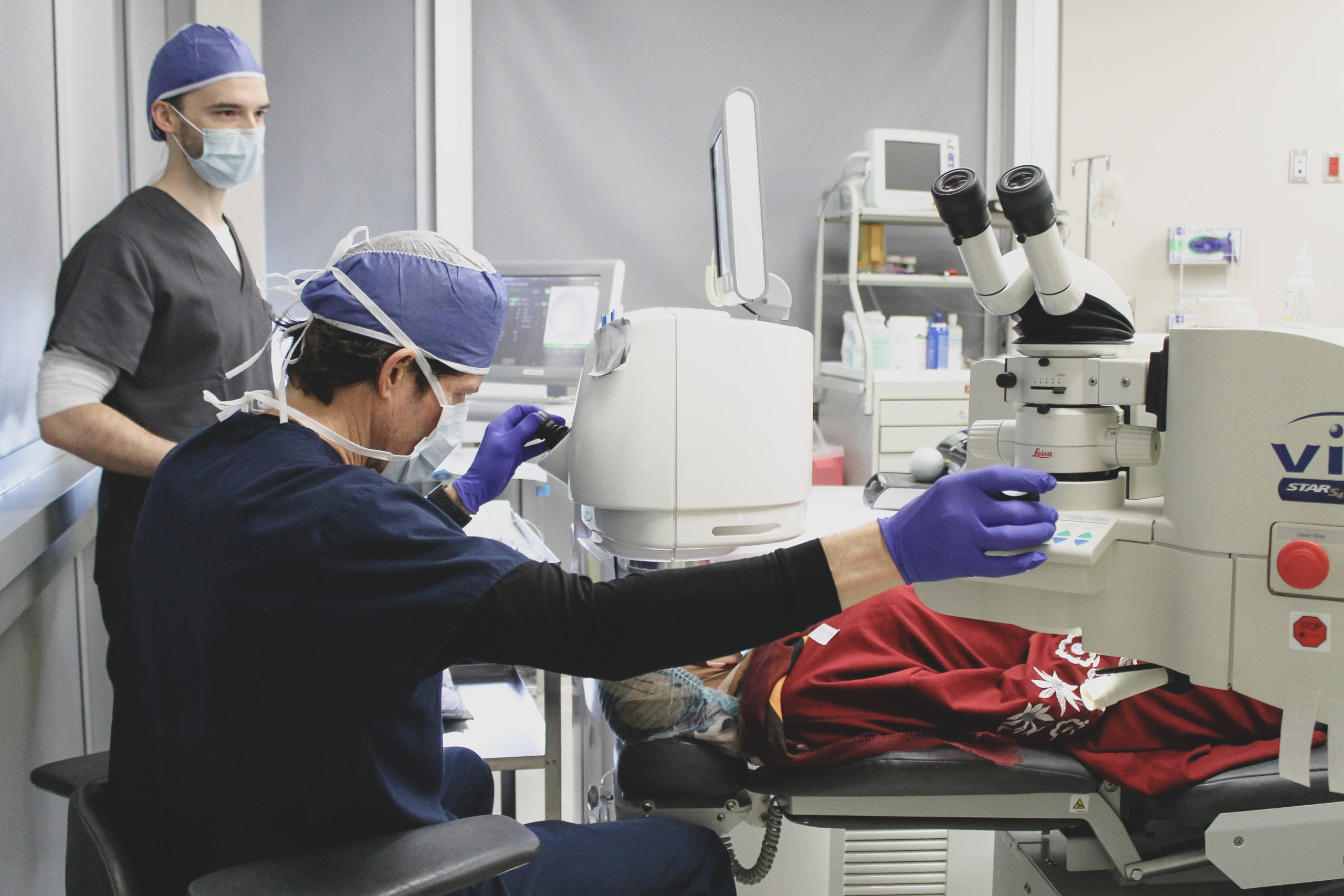Almost everyone who wears eyeglasses or contacts has considered laser eye surgery (LASIK) at some point in their life. You’re not alone if you use glasses or contact lenses. There are millions of Canadians who do.
The truth is that laser eye surgery (also known as “refractive surgery”) has become more popular in recent years. Even though technology has progressed in recent years to make the procedure safer and more complicated, there are still certain risks associated with it. If you’re thinking about getting laser eye surgery, you should examine the following considerations.
1. Is Laser Eye Surgery Right for You?
When it comes to correcting vision difficulties, laser eye surgery is not a one-size-fits-all treatment. You may be unable to have laser eye surgery if you have a number of medical conditions, such as excessively dry eyes or corneal abnormalities. In the first instance, see your optometrist or ophthalmologist to discover whether you are a suitable candidate for laser eye surgery.

2. Various Types of Laser Eye Surgery
The majority of individuals envision a single laser eye surgery treatment when they think about laser eye surgery. In actuality, there are a variety of surgical procedures. LASIK and PRK eye surgery (short for Photorefractive Keratectomy) are two of the most common treatments for nearsightedness, farsightedness, or astigmatism.
To get access to the treatment site, a flap is carved into the top layer of the cornea, while PRK removes the top layer of the cornea, which subsequently heals and returns to its former place during a 72-hour period. LASEK is a variation of PRK that involves the removal of a layer of cornea and subsequent replacement of that layer.
3. Is Your Surgeon a Licensed Surgeon?
Despite the fact that laser eye surgery is now widely accessible, it can only be performed by a qualified and certified ophthalmologist. Inquire about your surgeon’s level of experience, success rates, potential risks, and the types of post-operative care he or she will give after your procedure.
Your optometrist is well-versed on the state of your eyes and vision. They are likely to be acquainted with the area and will be able to provide you with a reference if you are a suitable match. Check out other patient reviews and recommendations to ensure that you’re getting the best possible treatment.
4. Laser Eye Surgery Is Dangerous
There is no such thing as “minimally invasive surgery” for the eyes. The term “minor eye surgery” does not exist. Laser eye surgery is still considered an invasive procedure, and complications may emerge as a consequence. The most common dangers are overcorrection and undercorrection, both of which might result in visual impairment in certain situations.
Furthermore, it is conceivable (though uncommon) to injure the cornea, which might result in eye irritation and infection. In rare cases, a second procedure may be necessary to remedy an overcorrection or undercorrection that happened during the initial surgery. Consult your optometrist about any possible risks linked with the procedure.

5. What are the conditions and limitations?
While the great majority of laser surgery patients will see an improvement in their vision, no physician can guarantee 20/20 vision or the removal of corrective spectacles after the procedure is done. Depending on the strength of your original prescription and your age, you may still need corrective glasses, according to an article published by the Vision Eye Institute in 2018. Another important aspect to keep in mind is that laser surgery will not correct presbyopia, which means you may still need reading glasses as you become older.
6. What Can You Expect After Your Surgery?
Remember to talk to your surgeon about post-operative eye care to find out what kind of therapy you’ll get and what you’ll be accountable for so that the procedure is as successful as possible. Many surgery facilities work closely with your optometrist to ensure that you are seen again for follow-up care. Prescription eye drops are often used as well as follow-up appointments with an optometrist or surgeon to ensure that there are no complications after the treatment. Inquire about any limitations that may apply after the procedure, such as the inability to engage in sports or use eye makeup for a certain period of time.
While laser eye surgery may eliminate the need for corrective eyeglasses, it’s critical to understand all of the aspects of the treatment before going forward with it. Knowing as much as possible about your own eye health, your surgeon, and the procedure can help you decide if laser eye surgery is right for you.

Is LASIK Surgery Effective for a Long Time?
When it comes to LASIK eye surgery, the results are long-lasting. Because the surgeon physically reshapes the cornea to repair the flaws that cause myopia, hyperopia, and/or astigmatism, this technique is a permanent solution. The operation is done as an outpatient procedure.
On the other side, your refractive defects may develop with time, and you may also suffer additional visual issues. Because your eyes may change over time, it is possible to acquire new refractive errors after laser eye surgery; nevertheless, this is not a result of regression after the treatment. Only existing problems can be treated with LASIK.
There are many hazards associated with multiple LASIK eye surgery operations.
Laser eye surgery is often thought of as a quick and painless operation with a high success rate in the treatment of vision problems. After having their eyes fixed with lasers, the majority of LASIK patients report having better than 20/40 vision, with more than 90% claiming 20/20 vision or better.
As with any medical process, there are risks and side effects involved with LASIK surgery, and the more times you have the operation, the more likely you are to face these risks. The following are some of the risks associated with LASIK surgery:
- After your surgery, you may have dry eyes for up to three months. (It’s possible that eye drops will help.)
- Because the flaps created during laser eye surgery are not attached, they may get dislodged during the healing process if you touch your eyes or are jabbed in the eye during recovery.
Schedule a consultation with your eye doctor or another eye care specialist to learn more about laser eye surgery. You may consult with an expert to see whether you are a suitable candidate for LASIK augmentation surgery.
